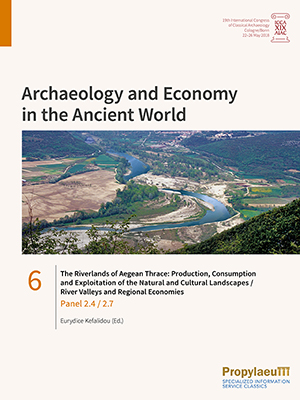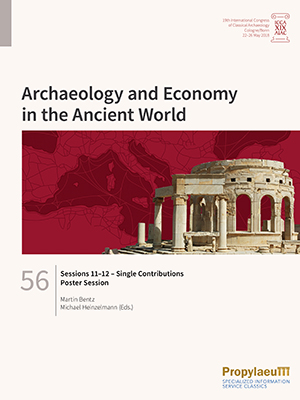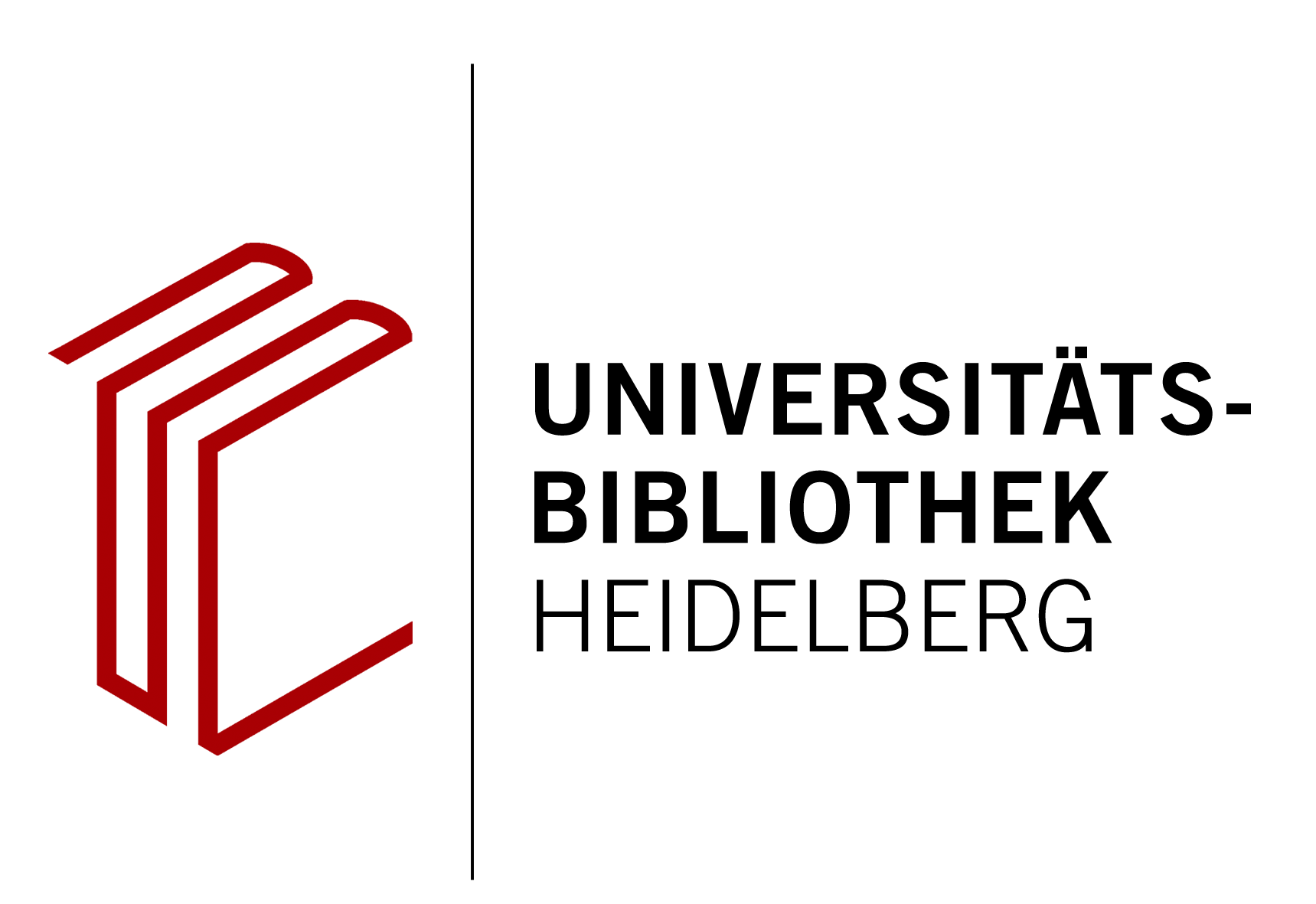Marchi, Anna Rita
The Riverlands of Aegean Thrace: Production, Consumption and Exploitation of the Natural and Cultural Landscapes | River Valleys and Regional Economies: Panel 2.4 | Panel 2.7
Flüsse waren schon immer eine wichtige Stütze für die Wirtschaft. Sie versorgten Menschen und Tiere mit Wasser, bewässerten das Land, erleichterten Kommunikation und Handel durch kleine Schiffe oder Flöße, unterstützten industrielle Aktivitäten, bildeten reiche Jagdgründe für Fischer und Jäger und boten Rohstoffe wie Sand, Kies und Placer-vorkommen von kostbaren Metallen - darunter sogar Gold. Gleichzeitig schufen die Flussdeltas und Sumpfgebiete der Flüsse eine unwirtliche Umgebung, die für eine Besiedlung ungeeignet war, insbesondere in Zeiten von Überschwemmungen. Darüber hinaus verbanden Flüsse das Meer und die Küstenzone mit dem Hinterland und ermöglichten so die Interaktion zwischen den Bevölkerungen, die diese Gebiete bewohnten, oft Einheimische und Kolonisten/Händler.
Die Panels 2.4 und 2.7 befassen sich mit den vielfältigen Facetten einiger Flusslandschaften im mittleren und östlichen Mittelmeerraum. Panel 2.4 untersucht das ägäische Thrakien, d.h. den nordöstlichen Teil Griechenlands und den europäischen Teil der Türkei. Panel 2.7 befasst sich mit drei Flusstälern in zwei verschiedenen Gebieten: Athen und Attika mit dem Fluss Ilissos; und Nordostitalien mit den Flüssen, die in den Gebieten von Verona und Parma fließen.
Die Beiträge befassen sich mit Themen wie der Neugestaltung der antiken Flussrouten, den Siedlungs- und Nutzungsmustern, die sich um sie herum bildeten, den Grenzen der Chora verschiedener Städte, Ortschaften, Dörfer und Gehöfte sowie der Kommunikation oder den Spannungen zwischen verschiedenen Gruppen, die sich aus ökologischen und/oder wirtschaftlichen Gründen über ihr ursprüngliches Siedlungsgebiet hinaus ausdehnten oder es verließen.
Sessions 11–12, Single Contributions – Poster Sessions
Wirtschaftliche Aspekte durchdringen alle Bereiche des öffentlichen und privaten Lebens in alten Gesellschaften, sei es in der Stadtentwicklung, der Religion, der Kunst, dem Wohnen oder dem Tod. Die Erforschung der antiken Wirtschaft spielt seit langem eine wichtige Rolle in der Alten Geschichte. In den letzten Jahrzehnten ist aber auch in der Archäologie zunehmend das Bewusstsein gewachsen, dass die materielle Kultur alter Gesellschaften ausgezeichnete Möglichkeiten bietet, die Struktur, Leistung und Dynamik alter Wirtschaftssysteme und Wirtschaftsprozesse zu untersuchen. Hauptziel dieses Kongresses war es daher, die Ökonomie als ein zentrales Element der klassischen Gesellschaften zu verstehen und ihre Wechselwirkung mit ökologischen, politischen, sozialen, religiösen und kulturellen Hintergründen zu analysieren. Das Thema des Kongresses richtete sich an alle Disziplinen, die sich mit der griechisch-römischen Zivilisation und ihren Nachbarkulturen von der ägäischen Bronzezeit bis zum Ende der Spätantike befassen.
In diesem Sammelband behandeln einzelne Beiträge der Sessions 11 und 12 zum einen digitale Themen wie computergestützte Ansätze und 3D Dokumentation in Archäologie und Bauforschungen. Zum anderen beinhalten die Studien Themen zu antiken Skulpturen sowie Heiligtümern und den damit verbundenen Ritualen.
Zudem sind in diesem Band die zahlreichen verschriftlichten Poster publiziert, die während der Kongresswoche im Rahmen einer Postersession vorgestellt und diskutiert wurden.








